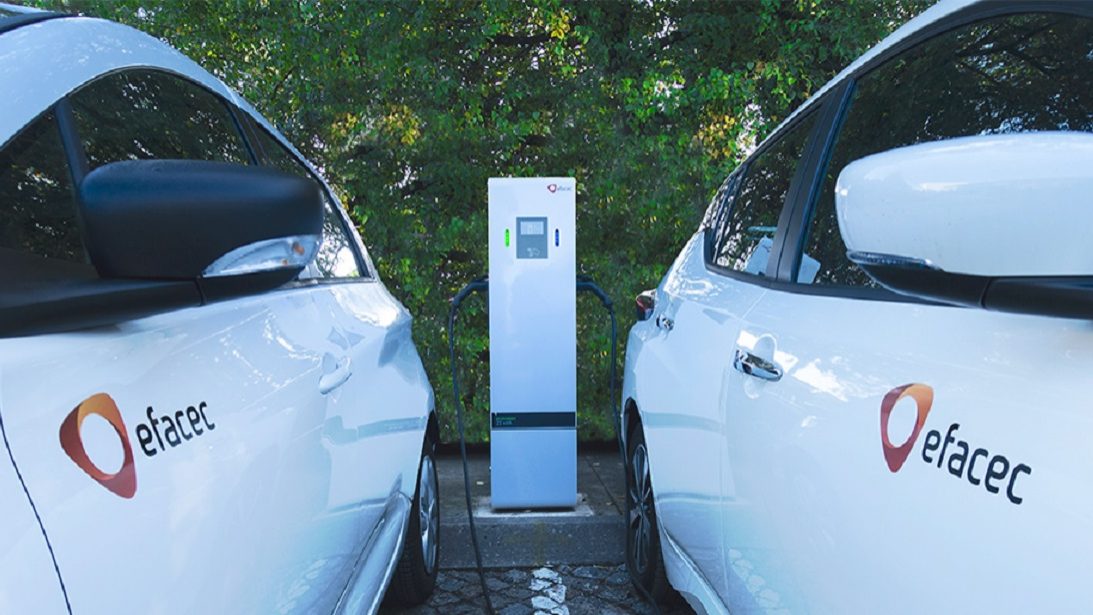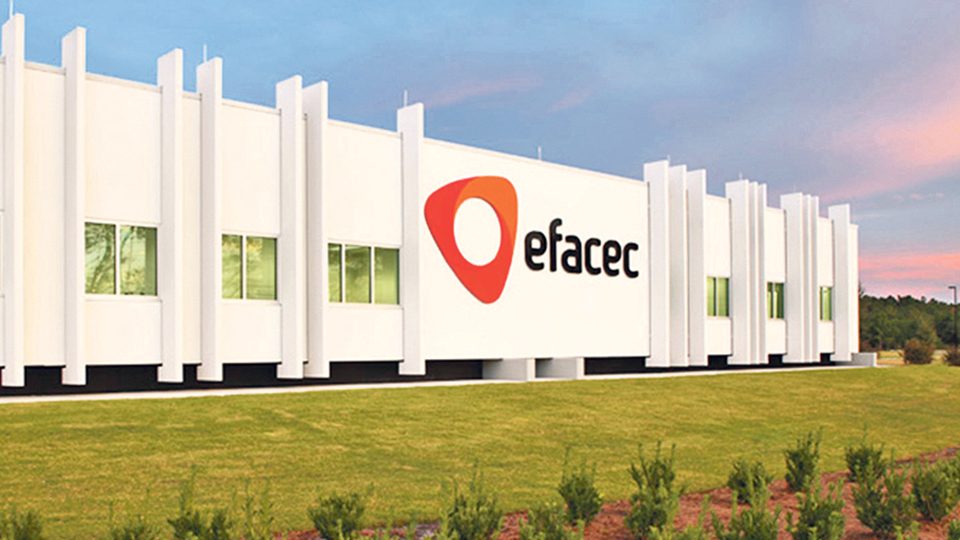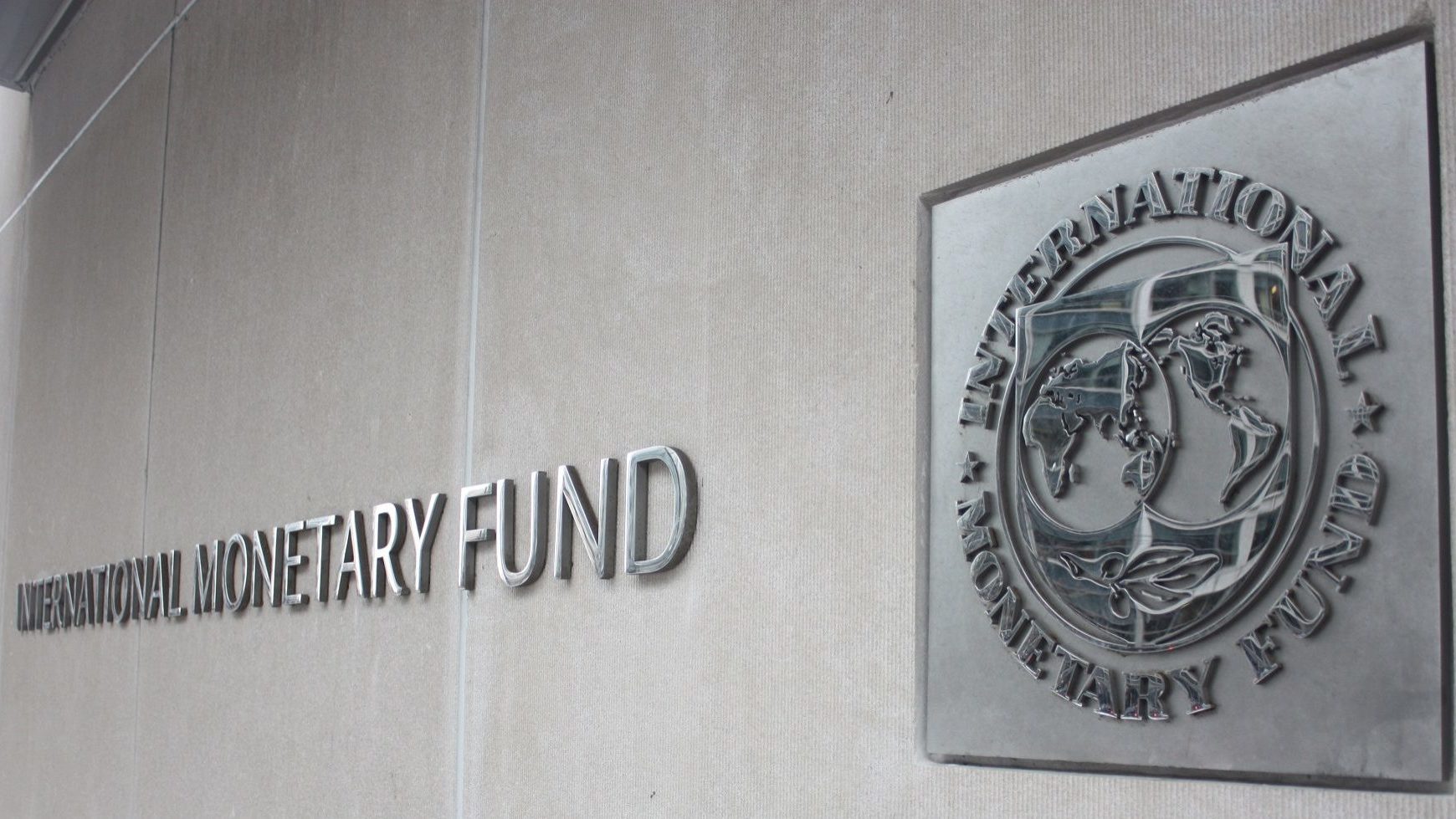Efacec foresees €20 million in losses this year. Reprivatisation at risk
Efacec's accounts continue to deteriorate compared to the figures present in the reprivatisation plan, which is underway. Continuity of Ângelo Ramalho questioned.
The government promised to conclude the reprivatisation process of 71.73% of Efacec by the end of November, but it becomes more difficult every day to fulfil this goal, as the degradation of the company’s results is revealed. Last week, the company led by Ângelo Ramalho met with the two candidates for reprivatisation, Sodécia and DST, as part of the third phase of the negotiation process, and reported significantly worse figures than those that served as the basis for the binding proposals already presented. From positive operating results, Efacec already admits about 20 million and negative EBITDA.
When ECO revealed first-hand that the accounts until September showed a negative operating result of €12 million and doubts about the company’s continuity, Efacec’s management made a kind of non-denial denial. But now, at the meetings with Sodécia and DST, in which the shareholder Parpública and the bank that advises the operation, Haitong, also participated, Efacec estimated the results until the end of the year, and they differ from those that were in the ‘data room’. After all, the positive results will turn into a negative EBITDA of around €20 million, the gross debt increases to around 190 million, invoicing falls about 50 million compared to the initial estimate (290 million) and overdue debts to suppliers are already around €80 million.
In this context, the two candidates are not convinced by these figures, which are explained by an unexpected worsening of the company’s activity in July and August: The candidates want to revise their bids in light of the new figures, and so the likelihood of the process moving to 2022 is gaining ground. This brings another difficulty: How will the company have funds to pay salaries for the coming months?
The state has already guaranteed a €70 million loan to Efacec, which is unlikely to be recovered, and now Efacec’s management is fighting against time to arrange new financing (for around €40 million). Ângelo Ramalho is trying to negotiate bank guarantees that allow him to release ‘retentions’ from clients, and thus have funds to pay salaries. He reportedly confessed that he hopes to find a solution by the end of the month, but so far without concrete results.
Efacec’s executive management told the two candidates that it was surprised by the negative results in July and August for allegedly unexpected reasons and that is why two senior directors were dismissed. At least two people responsible have been identified, but the unease between the state shareholder, Parpública represented by Jaime Andrez, and the executive chairman Ângelo Ramalho is growing. The manager himself has already expressed his willingness to leave, following the board of directors meeting in mid-September, which was refused because of the reprivatisation process. But the situation will have grown. Ângelo Ramalho gave an interview to Jornal de Negócios that went down badly with shareholders and the banking sector – the manager accused the banking sector of being responsible for Efacec’s difficulties – and more recently it has been commented with displeasure that the manager changed cars at the moment he announced much worse results than those previously reported.
Recently, Minister Siza Vieira, who played a leading role in the Efacec’s nationalisation, was both concerned and confident. “But the best solution to Efacec’s issue is to ensure that, as soon as possible, it finds a new controlling shareholder, who can give it management capacity, capitalisation and put the company on the right course to continue serving the country,” Siza Vieira said. Now, with these figures, concern must have increased, because it is the reprivatisation that is at risk.


